Nutrition for Strengthening Joints
To strengthen joints, it's crucial to focus on foods that provide essential nutrients like calcium, vitamin D, and omega-3 fatty acids. Calcium is critical for maintaining bone density, while vitamin D aids in calcium absorption and helps support overall bone health.
Omega-3 fatty acids have potent anti-inflammatory properties that can help reduce joint inflammation and provide relief from pain.
For example, calcium works in tandem with other minerals to form hydroxyapatite, a major component of bone structure. Vitamin D enhances the absorption of calcium from the intestines and helps regulate calcium levels in the blood.
Omega-3 fatty acids, particularly EPA and DHA, suppress the production of pro-inflammatory molecules, such as cytokines and prostaglandins, thereby reducing inflammation in the joints.
Dietary Recommendations for Osteoarthritis
For individuals with osteoarthritis, adopting a diet that includes plenty of fruits, vegetables, whole grains, and lean proteins is recommended. Incorporating foods rich in antioxidants, such as berries and leafy greens, can help combat oxidative stress in joints and reduce inflammation.
Antioxidants neutralize harmful free radicals that can damage joint tissues and contribute to the progression of osteoarthritis. Foods like blueberries, spinach, and kale are excellent sources of antioxidants, including vitamins C and E, beta-carotene, and flavonoids.
Beneficial Foods for Joint Health
Certain foods have shown promise in promoting joint health and managing osteoarthritis symptoms. Some examples include turmeric, which contains curcumin, a powerful anti-inflammatory compound, and oily fish like salmon, which is abundant in omega-3 fatty acids.
Curcumin inhibits inflammatory pathways, including nuclear factor-kappa B (NF-kB) and cyclooxygenase-2 (COX-2), thus reducing joint inflammation and pain.Omega-3 fatty acids modulate the immune response and decrease the production of inflammatory molecules, providing relief from joint discomfort and stiffness.
Omega-3 Fatty Acids and Osteoarthritis
Omega-3 fatty acids, particularly EPA and DHA found in fish oil, are known to have anti-inflammatory effects. Regular consumption of fish or omega-3 supplements may help reduce joint pain and morning stiffness in individuals with osteoarthritis.
EPA and DHA are incorporated into cell membranes and compete with arachidonic acid, a precursor of pro-inflammatory molecules. This competition results in the synthesis of less inflammatory substances, thus contributing to the mitigation of joint inflammation.
Vitamin D and Joint Health
Vitamin D is crucial for joint health, as it aids in calcium absorption, bone formation, and immune regulation. Low levels of vitamin D have been associated with an increased risk of osteoarthritis and joint pain.
Vitamin D receptors are present in various cells within the joints, and this vitamin can modulate gene expression related to inflammation. Adequate vitamin D levels have been linked to a reduced risk of cartilage breakdown and improved joint function.
Antioxidants and Joint Support
Antioxidants, such as vitamins C and E, selenium, and beta-carotene, play a crucial role in protecting joint tissues from oxidative stress.
Oxidative stress can damage cartilage and contribute to joint inflammation and pain. Consuming a diet rich in antioxidant-rich foods, like colorful fruits and vegetables, can help neutralize free radicals and promote joint health.
Antioxidants also support collagen synthesis, a key protein in joint structure, and protect against joint degeneration.
The Roles of Calcium and Magnesium in Joint Support
Calcium and magnesium are essential minerals for bone and joint health. While calcium is well-known for its role in maintaining bone density, magnesium is equally important as it regulates calcium transport and helps convert vitamin D into its active form for bone health.
Proper calcium and magnesium balance is necessary for optimal muscle function and joint mobility. A deficiency in these minerals may weaken bones and contribute to joint-related issues, so including calcium and magnesium-rich foods in the diet is vital for joint support.
Phytonutrients and Joint Health
Phytonutrients are natural compounds found in plants that have various health benefits, including joint support. For instance, polyphenols found in green tea and resveratrol in grapes have anti-inflammatory properties that may help reduce joint pain and inflammation.
Quercetin, a flavonoid found in apples, onions, and berries, has been shown to inhibit inflammatory pathways and protect against cartilage degradation.Including a diverse range of colorful fruits and vegetables in the diet ensures a good intake of phytonutrients for joint health.
Anti-Inflammatory Diet for Osteoarthritis
Adopting an anti-inflammatory diet may significantly benefit individuals with osteoarthritis. Such a diet emphasizes whole foods, healthy fats, and a balanced intake of macronutrients while reducing the consumption of processed and sugary foods.
Foods to include in an anti-inflammatory diet include fatty fish, olive oil, nuts, seeds, and a variety of fruits and vegetables. This approach can help reduce joint pain, improve mobility, and support overall joint health.

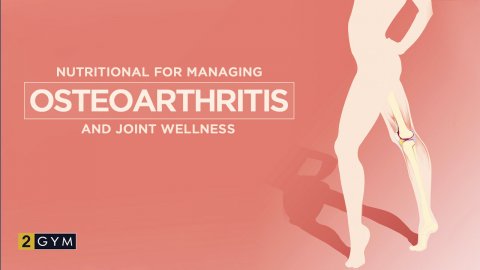

















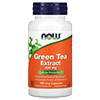
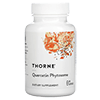
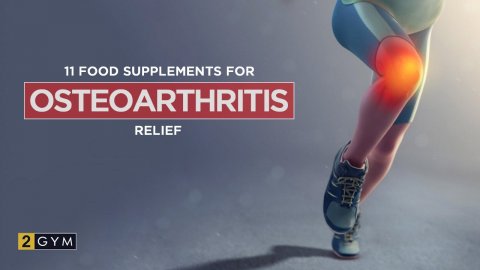
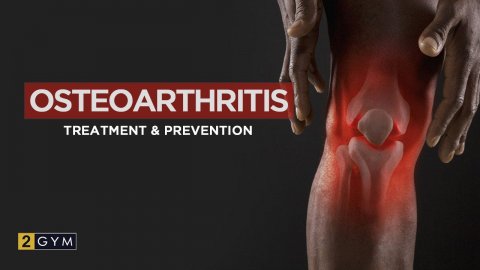






Log in with ( Sign Up ? )
or post as a guest
Be the first to comment.